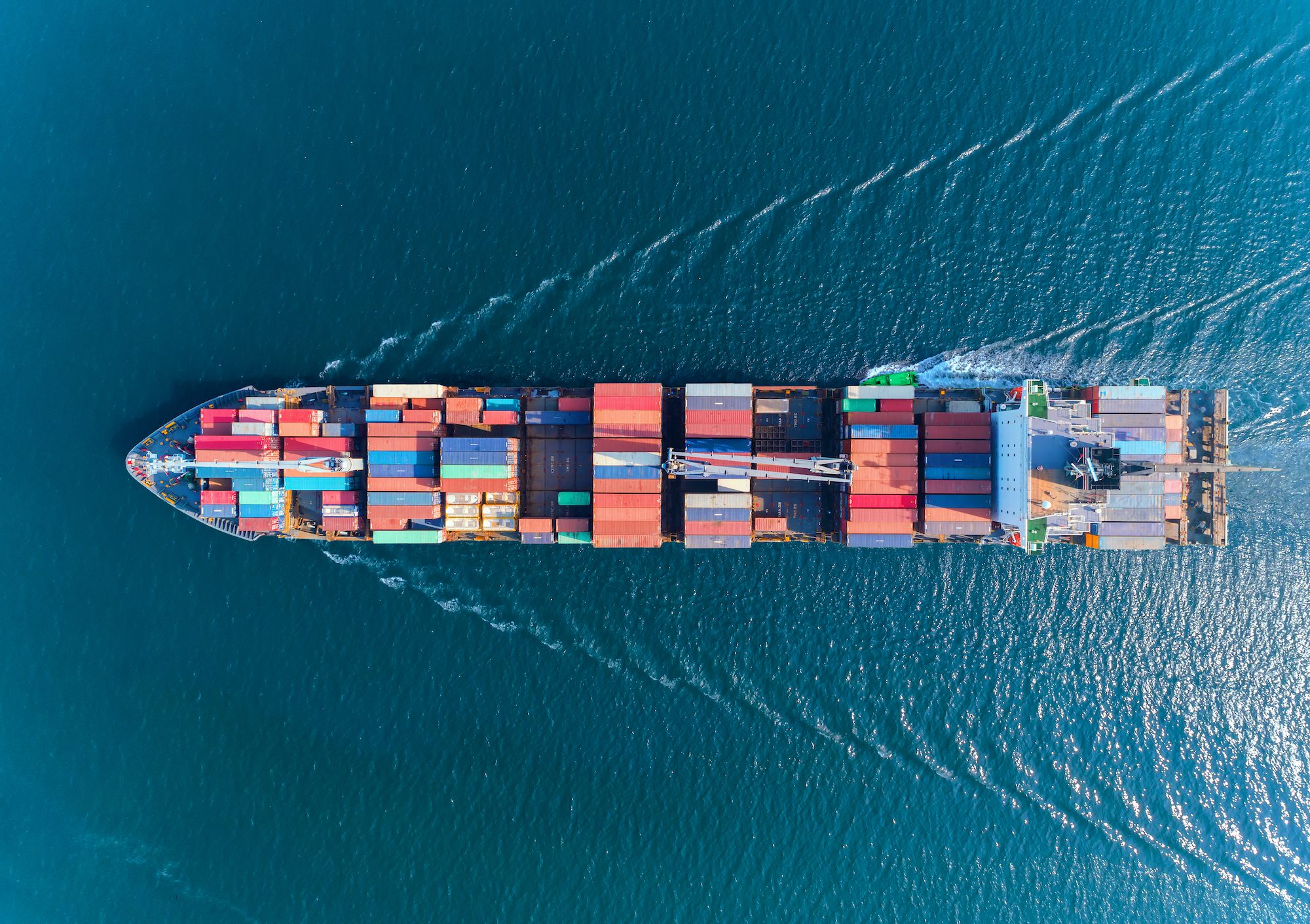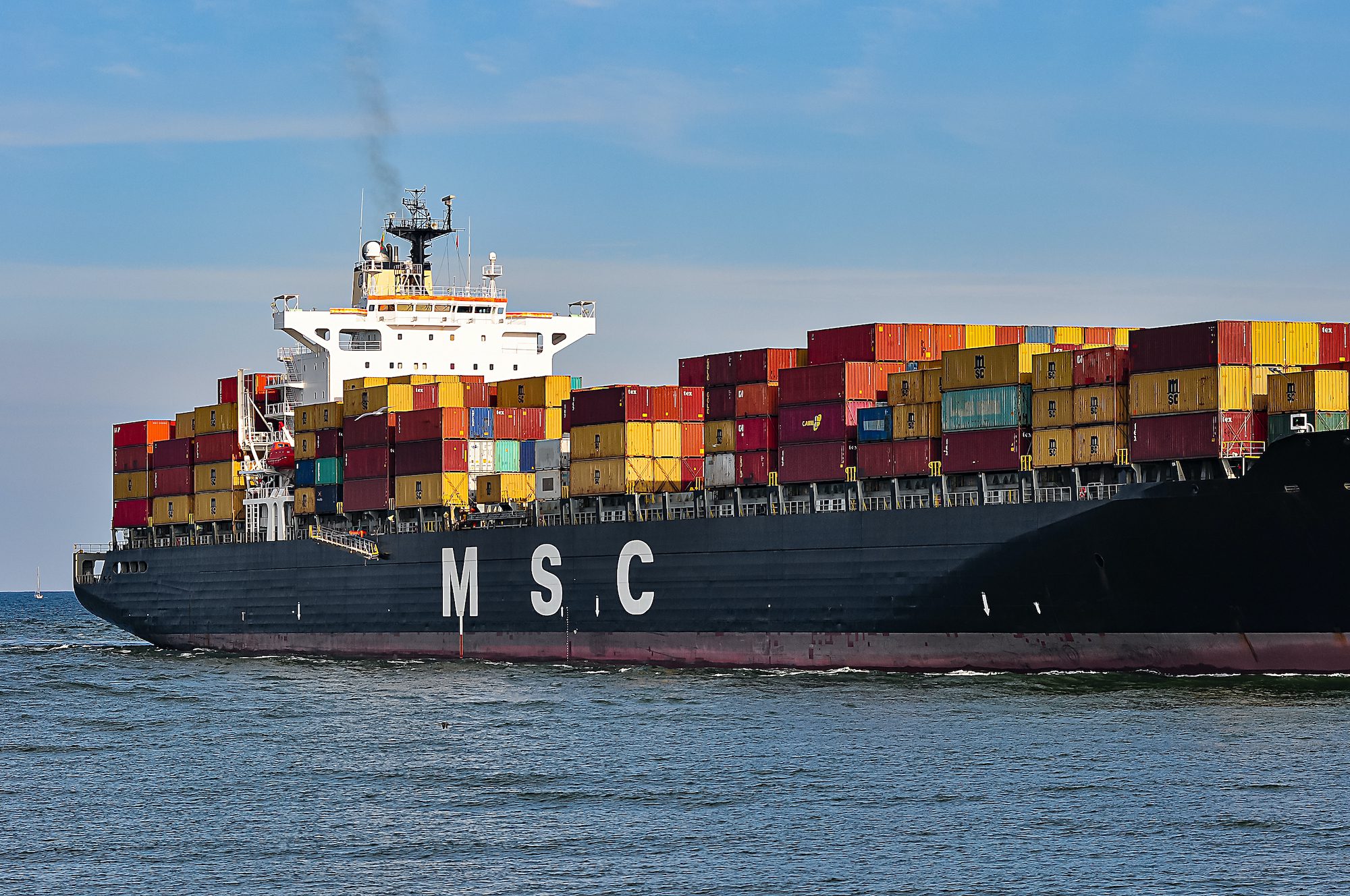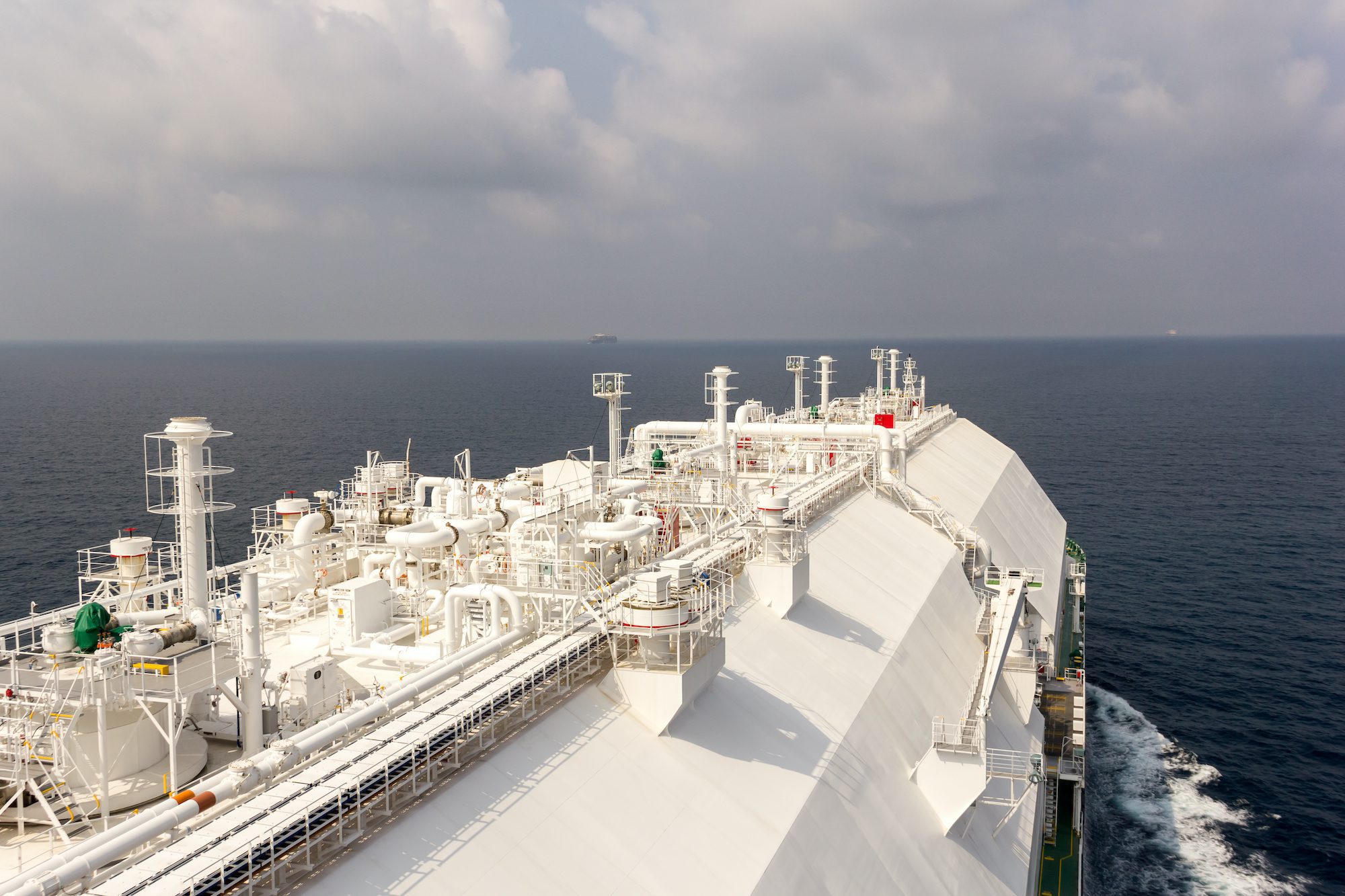The Secretary-General of the United Nations International Maritime Organization (IMO), Arsenio Dominguez, has urged for a united effort to align the international shipping sector with global climate change targets and sustainability commitments.
The appeal was made during his opening speech at the 81st meeting of the Marine Environmental Protection Committee (MEPC81), taking place this week at IMO headquarters in London.
in his opening address, Dominguez first brought attention to the ongoing maritime security issues in the Red Sea, expressing his concerns over the environmental impact of the sinking of the Rubymar and the longer shipping routes that vessels are being forced to take. He also extended his sympathy to the families of the three seafarers who were tragically killed on board the True Confidence by a Houthi missile strike, and reiterated his call for the immediate release of the Galaxy Leader crew, who have been held hostage since Houthi militants seized the ship on November 19, 2023.
Turning to the Somali piracy situation, Dominguez praised the Indian Navy for their successful efforts over the weekend in freeing the 17 crew members who were held hostage on board the Ruen since December. He also highlighted the troubling situation of the hijacked Abdullah, whose 23 crew members are currently held captive.
Among the long list of agenda items, MEPC 81 will focus on a the implementation of the IMO’s revised global greenhouse gas reduction strategy, adopted during last July’s MEPC80 meeting, including continued discussion on a GHG pricing mechanism and technical fuel standard. In line with this, the 2023 GHG Strategy aims to reduce carbon intensity in international shipping by at least 40% by 2030. It also sets a new level of ambition for the adoption of zero or near-zero GHG emission technologies, aiming for them to represent at least 5% to 10% of the energy used by international shipping by 2030.
Pressure Builds for Charge on Global Shipping Sector’s CO2 Emissions
In his address, Dominguez underscored the organization’s commitment to upholding the highest safety standards in the face of rapidly developing technology and new challenges facing the shipping industry. He reiterated that the IMO’s ambitious goal to achieve net-zero GHG emissions by 2050 would require collective action, further stressing the need to advance the development of technical and economic measures.
“To achieve this goal, concerted action is required, and this week your Committee will further consider proposals on candidate mid-term measures; a progress report on the Steering Committee on the conduct of the comprehensive impact assessment of the basket of candidate mid-term measures; and the further development of the life cycle GHG intensity assessment framework,” Dominguez said.
“Decarbonizing the maritime industry is a big challenge, but also an opportunity to align the international shipping sector with global commitments on climate change and sustainability,” he added.
On other environmental issues, Dominguez highlighted the urgency of preventing ship-source spills of plastic pellets, citing the pollution event along the coast of north-western Spain last December. He also mentioned the significant task of finalizing and approving provisions and instruments under the experience-building phase to amend the Ballast Water Management Convention.
“You have important matters to address this week, but I am confident that… you will be able to successfully achieve the objectives set for this session,” Dominguez concluded.

 Join The Club
Join The Club










